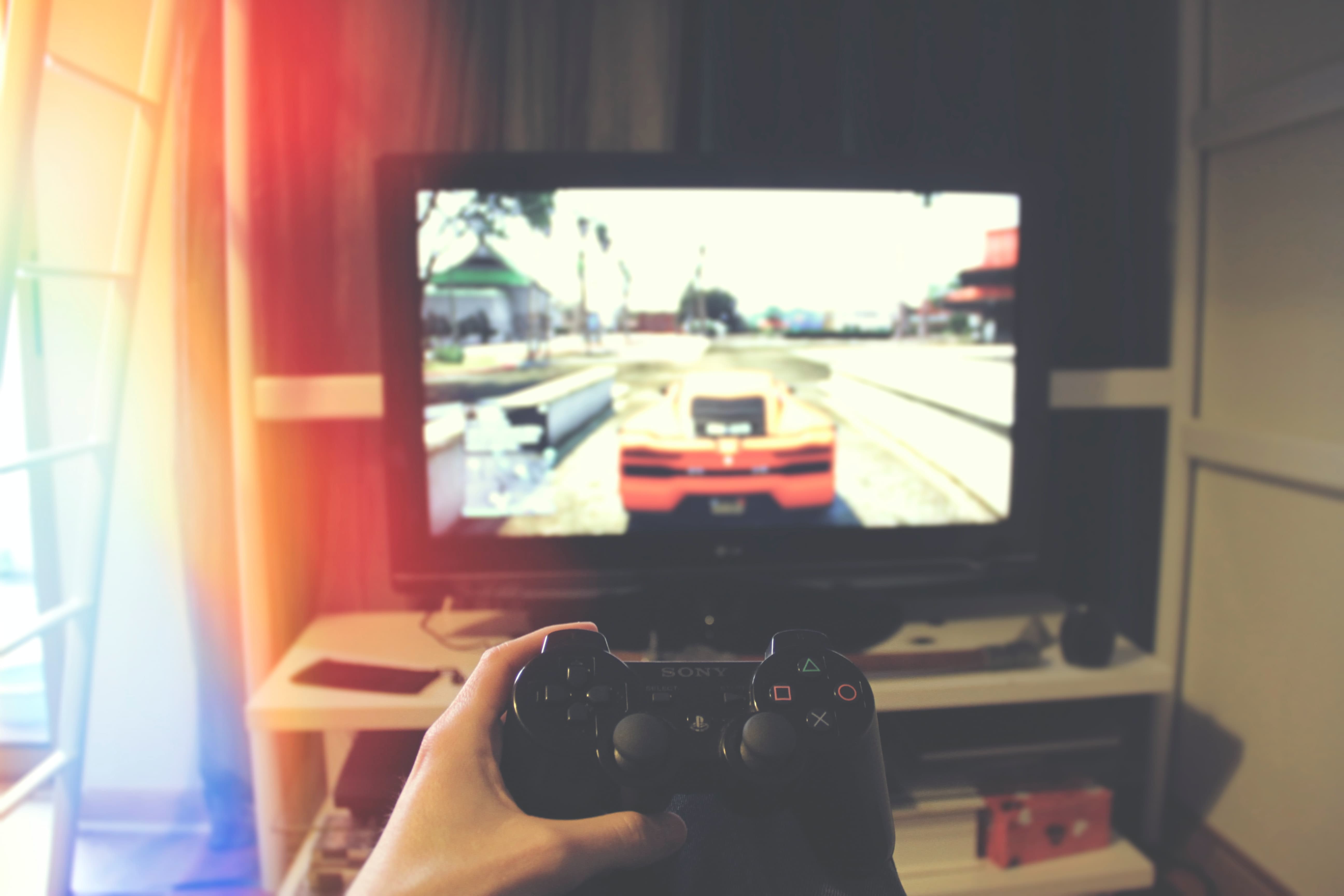 If you have a son with an addiction to gaming, this article will help you. This article provides information about signs to look out for in terms of addiction. It also offers some behavior modification therapy techniques that you can try with your troubled teen.
Although these techniques are helpful, please do not use them to replace the clinically-licensed professional help that your troubled teen needs. At Liahona Treatment Center, a therapeutic boarding school for boys, we treat various mental illnesses and addictions, including gaming addiction. Our team of teachers and mental health professionals can help your teen get back on track. Reach out to us so that we can help you and your family.
If you have a son with an addiction to gaming, this article will help you. This article provides information about signs to look out for in terms of addiction. It also offers some behavior modification therapy techniques that you can try with your troubled teen.
Although these techniques are helpful, please do not use them to replace the clinically-licensed professional help that your troubled teen needs. At Liahona Treatment Center, a therapeutic boarding school for boys, we treat various mental illnesses and addictions, including gaming addiction. Our team of teachers and mental health professionals can help your teen get back on track. Reach out to us so that we can help you and your family.
Understanding gaming addiction
The American Society of Addiction Medicine defines addiction as “a treatable, chronic medical disease involving complex interactions among brain circuits, genetics, the environment, and an individual’s life experiences. People with addiction use substances or engage in behaviors that become compulsive and often continue despite harmful consequences.” This means that addiction is often a combination of various things, including a troubled teen’s family background and life experiences. While mental health professionals are still studying gaming addiction, the DSM-5 lists these characteristics as a sign of addiction:- Addiction is often caused by the activation of dopamine or a neurotransmitter in the brain that releases feelings of pleasure. Over time, with addiction, it takes a significant amount of a substance of behavior to feel pleasure.
- A teen with gaming addiction might try to limit their use of games but relapse.
- A teen with gaming addiction might not function because gaming has become an important aspect of their life. This can look like spending so much time gaming that they don’t have time for family, friends, and academics.


Leave a Reply